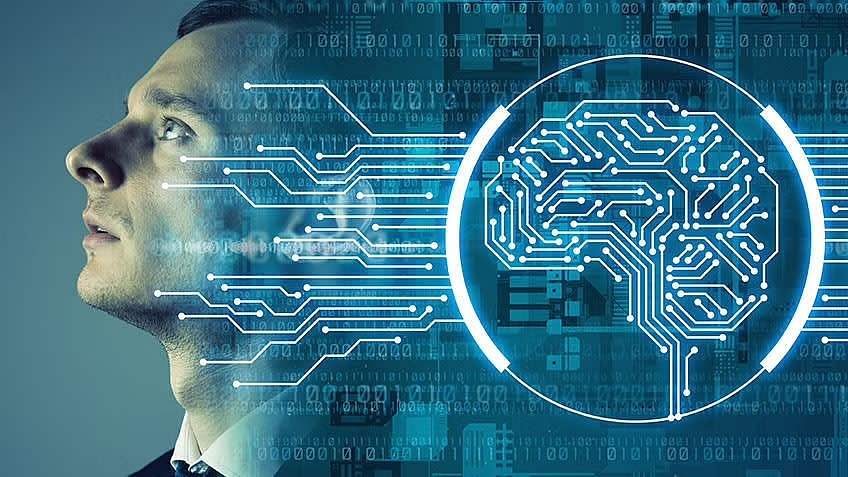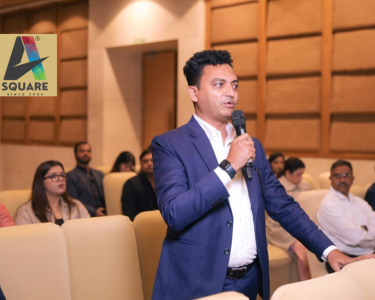
We are all familiar with the fictional characters from movies like “iRobot,” “Robocop,” and “Iron Man,” and how they utilize advanced suits to carry out various tasks, which is undeniably captivating, isn’t it? But what if I told you that such possibilities may become a reality in the coming years? Furthermore, what if I added that instead of humans, robots could be deployed to battlefields? These statements might prompt someone to question the role of humans in a future dominated by robots and AI. Will robots replace human intelligence? And if that happens, will organizations cease hiring people?
Memes have become an integral part of our online culture, and when AI-powered chatbots gained popularity, meme creators took advantage of the opportunity, generating numerous memes about robots and artificial intelligence. I recently came across a meme where meme pages combined a clip from the iconic film “Terminator: Judgment Day” with a malfunctioning robot grabbing a woman’s hair, accompanied by a humorous caption stating, “Time has come.” While it may sound amusing, people’s thoughts and perceptions regarding this topic may vary significantly.
Today, technology has dramatically transformed various aspects of our lives. For instance, in the past, people relied on postmen to deliver letters from one place to another. However, thanks to technological advancements, we now have access to email services like Gmail, allowing us to send bulk emails instantly. Does this mean that the job of postmen delivering letters door-to-door is eliminated? Absolutely not! While we have advanced technologies, certain tasks still require human intelligence. These technologies rely on us to program and operate them effectively, which is where robots and AI fall short.
Humans rely on the computational power, memory, and cognitive abilities of the brain, while AI-powered machines depend on data and specific instructions programmed into their systems. Furthermore, humans require time to process and understand complex problems, adapt, and learn from them. This fundamental difference sets us apart from machines.
“I’m a little worried about the AI stuff,” expressed Elon Musk. “We need some kind of regulatory authority or something overseeing AI development,” he added. Musk emphasized the importance of ensuring that AI operates in the public interest, acknowledging the potentially dangerous nature of this technology.
So, when faced with such statements, should we be concerned? Undoubtedly, AI has facilitated numerous processes for us, but does that imply it will surpass human intelligence in the future? It is essential to note that I referred to capability, not sheer power.
Certainly, AI systems are adept at providing faster answers compared to human cognitive abilities. However, should we worry about their capability? That is the question that lingers.
Let me illustrate with an example. Imagine an AI-powered system listening in real-time to a customer conversation. The system promptly informs the customer service representative (CSR) about the customer’s history, including previous purchases and reasons for seeking assistance. Simultaneously, the system can suggest potential solutions to the CSR to help resolve the customer’s issues. This happens in real time, at an incredible pace. Take Alexa, Google Assistant, and Siri as examples—these AI assistants are integrated into our phones. What if they are constantly listening and transmitting data to an unknown location? One can never be certain.
As we have evolved, we have recognized the significance of technology in our lives, with AI being one of its remarkable manifestations. We have witnessed depictions of technology easing tasks in movies as well. Do you recall “JARVIS” and “FRIDAY” from the Iron Man films? Tony Stark gave an order, and the task was completed. It’s fascinating to contemplate what can be achieved with the technologies at our disposal. However, while Hollywood often portrays a fantastical narrative of robots replacing human jobs, we know that this is simply not the case.





